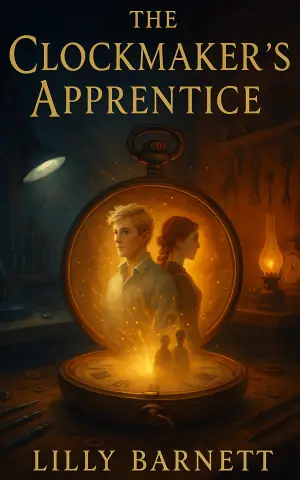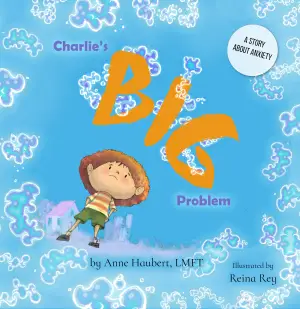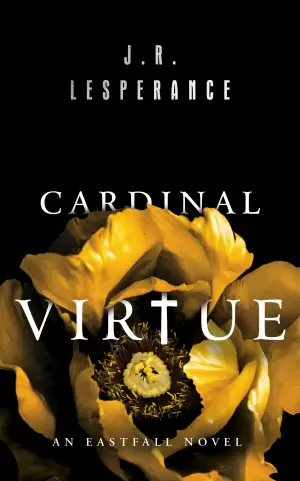Review: Spells, Strings, and Forgotten Things by Breanne Randall
As a self-proclaimed lover of all things magical and whimsical, I was immediately drawn to Spells, Strings, and Forgotten Things. The charming combination of sisters, sorcery, and a cozy tea and bookstore setting seemed like a perfect escape. Breanne Randall’s premise promised an intriguing exploration of magic at a cost, laced with a dash of enemies-to-lovers tension. However, my excitement soon turned into disappointment as the narrative unfolded, leading me to a rather lackluster experience overall.
Character Journeys and Themes
At the heart of the story are Calliope and her sisters, Thalia and Eurydice, grappling with the ghost of their mother’s long-ago disappearance and their own struggles to wield magic without the exorbitant price of memory loss. Calliope, characterized by her self-righteous stubbornness and incessant chatter, quickly became a frustrating protagonist for me. Instead of a nuanced journey through her trials and tribulations, I felt like I was stuck in a loop of her martyrdom—failing to connect with her on an emotional level.
Lucien, the enigmatic Shadowcrafter who becomes tangled with Calliope, initially appears promising. Yet, the dialogue between them often rings hollow, losing that potential spark in what should have been electric banter. The characters felt two-dimensional, and I frequently found myself questioning the authenticity of their interactions, thinking, "Who talks like this?" The most compelling moments in the narrative came from Thalia and Eurydice, whose perspectives I found much more enriching.
Writing Style and Pacing
Randall’s writing has a whimsical, grand feel, yet the juxtaposition of this with contemporary slang felt disorienting rather than charming. The pacing swings wildly—moments of heightened tension blur by in a flurry of exposition while other scenes drag on unnecessarily, leading to a frustrating reading experience. Additionally, the "big emotional reveal" often felt predictable and contrived.
The romantic elements, intended to heighten the story’s stakes, fell flat. The sexual tension oscillated from mildly engaging to downright forced. The idea of "the world is ending, let’s f***” became old quickly, overshadowed by a lack of genuine character development. The moments where intimacy should have flourished instead felt awkward and out of context. Despite some tantalizingly written spicy scenes, they seemed to serve more as distractions rather than compelling plot drivers.
Originality and Critique
Unfortunately, the reliance on well-known tropes, echoed in Randall’s self-professed inspirations of Pride and Prejudice and Charmed, drew attention to the lack of originality. I couldn’t help but feel that the book became lost in a sea of genre clichés—too concerned with market trends. By anchoring itself too firmly in familiar territory, it missed opportunities to carve a unique narrative that could resonate deeply with readers looking for something fresh.
One ill-timed subplot concerning the aunts felt like a hasty plot device meant to resolve conflicts without genuine investment, reducing the richness of the world-building. By the end, while I felt a flicker of potential—the last chapter revealed a glimpse of the chemistry that could have existed—I ultimately found myself wishing for a different story that could have emerged from the premise.
In Conclusion
Spells, Strings, and Forgotten Things may resonate with readers who enjoy cozy fantasy with a quick-romance element. However, for those seeking depth and nuanced character dynamics, this book may leave you wanting more. While it didn’t align with my expectations, I’m hopeful for those who gravitate towards familiar comforts in their reading journeys. Thank you to NetGalley, Penguin Random House, and Breanne Randall for the chance to dive into this world, even if it wasn’t for me this time around. 🌟
Discover more about Spells, Strings, and Forgotten Things (Sisters of Light… on GoodReads >>























